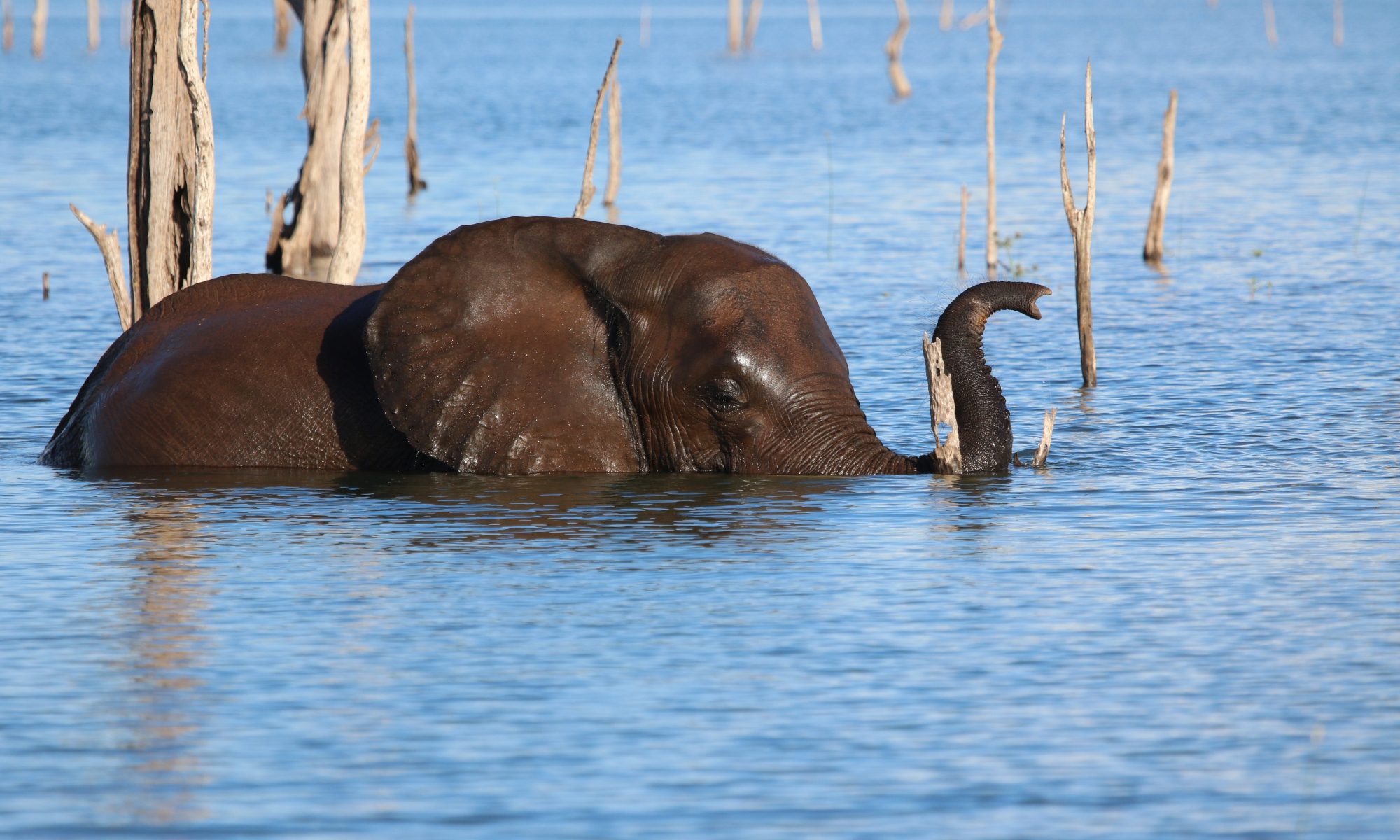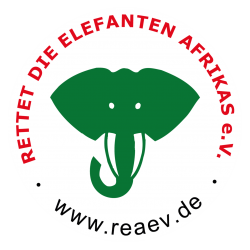Walter Wilson Nana, AfricaNews reporter in Buea, Cameroon
Twenty elephant tusks were seized aboard a truck in Ntam, a village located in the East Region of Cameroon, on the border with the Republic of Congo. The tusks were hidden in the rear chest of the 30-ton truck that was transporting some 300 bags of cocoa from Sembe in Congo-Brazzaville to Cameroon’s economic capital, Douala.

Five people have been arrested including the driver of the truck. They have been taken to Abong Mbang, a town in the East Region of Cameroon where it is expected poaching-related charges will be pressed against them. If found guilty, the suspect poachers might be slammed jail terms ranging from 1 to 3 years and a fine ranging between FCFA 3,000,000 (US$ 6000) to FCFA 10,000,000, (US$ 20000) according to Cameroonian law.
According to Jacque Guillaume Touck Kamba, the game ranger manning the forestry and wildlife control post in Ntam, they discovered upon initial search, a small ivory tusk weighing less than 5kg concealed in a brief case in the driver compartment of the truck. “We began suspecting something was amiss. We systematically searched the entire truck and discovered 20 ivory tusks tucked in a chest at the rear of the truck,“ Guillaume explained.
The ivory tusks had been split into 30 pieces so they could conveniently fit in the chest. “10 of the tusks weigh less than 5kg, while the other 10 weigh more than 5kg,“ disclosed Touck Kamba. Going by the number of tusks, 10 elephants have been killed. Rangers suspect the elephants were poached in Nki National Park, located in the East Region of Cameroon, the tusks assembled in Souanke, a border town in Congo-Brazzaville and owners attempted to later smuggle them through the East and South Regions of Cameroon to Douala.
This seizure brings once more to the fore the intensity of ivory trafficking in the Southeast of Cameroon and the increasing difficulties faced by Cameroon’s Ministry of Forestry and Wildlife, MINFOF, to wade off the killing. “Just a week before this seizure we, upon a tip off, missed by whisker poachers said to have been smuggling six ivory tusks extracted from elephants killed in Nki,“ said Desiré Mpae, a game ranger working for Nki. “The poachers probably learnt of our arrival and escaped across the border to Souanke in Congo-Brazzaville,“ said Mpae.
According to Fidelis Pegue Manga, Communication Officer for the Worldwide Fund for Nature, WWF, Njengi Office in Yokadouma, the East Region of Cameroon, earlier in December 2010, game rangers at Ntam control post pursued and seized two ivory tusks from a fleeing poacher.
Difficulties
Problems bedevilling anti-poaching efforts around Nki National park are enormous. “There are just 30 poorly equipped game rangers to protect a forest massif spanning more than 300,000 hectares,“ explained Expedit Fouda, WWF Park Assistant for Nki. “Most of the poachers are armed with automatic rifles whereas you have as many as 10 game rangers to one old Mass 36 gun, which is not capable of dissuading these illegal hunters,“ Fouda added. Rangers also complain of the numerous unprotected trails that lead to the heart of the park and decry the decline of anti-poaching support.
Nki forms part of TRIDOM (Tri-National Dja-Odzala-Minkebe) that respectively comprise protected areas in Cameroon, Congo-Brazzaville and Gabon. However, TRIDOM activities have been slow to take off even though Ministers in charge of Forestry and Wildlife of the aforementioned countries had earlier signed the TRIDOM accord. “The delay in launching TRIDOM activities is playing negatively against our effort. This, coupled with dwindling funding for conservation, has made it hard for us to sustain effort to fight ivory traffickers“ stated Mboh Dandjouma, Conservator for Nki National Park.
Posted on Friday 4 March 2011 – 12:00
Source: www.africanews.com/site/Cameroon_fights_against_poaching/list_messages/37626


